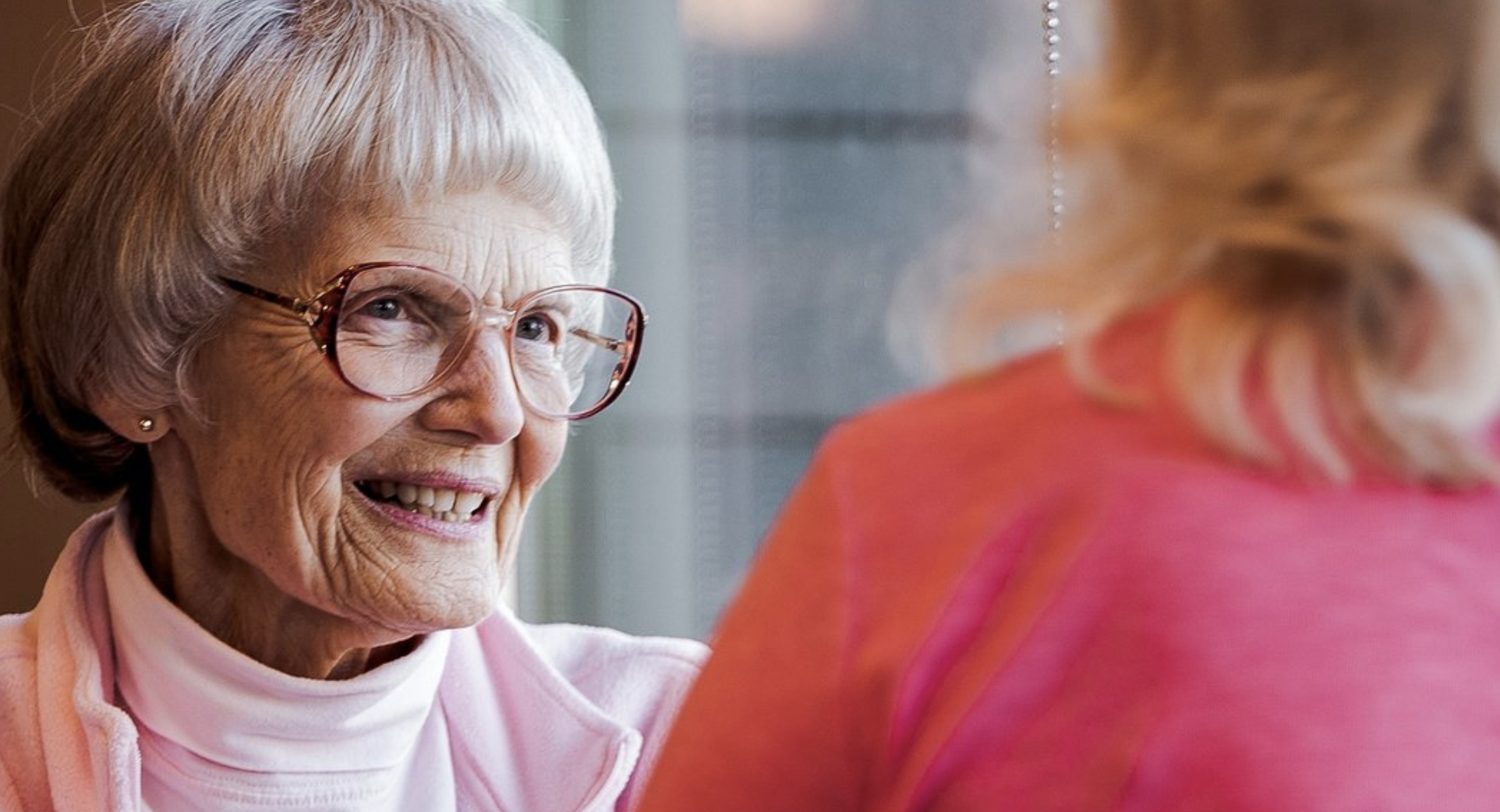Download the Financial hardships research report.
Please enter your email to download the full report. We will protect your data per our Privacy Policy.

In this opinion editorial we argue that we are facing an increasingly fragmented social hierarchy. Older Australians are being left behind and we are at risk of losing the intergenerational connection that keeps our communities strong, safe and well. To move forward requires an all-encompassing change in the attitudes and environments we create.
To live alone does not mean you are lonely, just as to live a quiet life does not mean you pine for company. The last few years have taught us that there are many ways of being connected to others whether it is through using Zoom to watch a grandchild blow out their birthday candles or raising your eyebrows in greeting when your smile is covered by a mask.
The level of social interaction each of us seeks may differ but at some level we all crave connection. There is a warmth that comes from collective participation, an acknowledgement from others that we are an integral part of their social fabric, as they are of ours. When a person is discouraged from seeking the social contact they desire, or when they find they are unable to participate as they wish, loneliness can set it in.
Loneliness is a brutal blow to mental wellbeing and physical health – it leads to despondency and distress, which can make it more difficult to deal with life’s challenges. When alone and vulnerable people are at higher risk of harm from people they should be able to trust. With no one to raise their concerns that things aren’t right, a lonely person can become dependent upon someone who takes advantage of their isolation and desire for connection. During the pandemic, this has become a modus operandi for elder abuse. As a caring community, we need to work on reducing the barriers to isolation and facilitate social inclusion.
Social inclusion means actively removing barriers to ensure people can participate at the level they wish, this is the very definition of citizenship.
Age-friendly environments are an embodiment of this. By ensuring that environments are accessible and welcoming to older people, we also encourage their use by people of all ages. Frequent and affordable public transport, public spaces with good lighting, signage that makes sense, and clean public toilets – these are all things that encourage people of all ages to visit and linger. From fixing the impassable muddy ditch at the entrance to the dog park to offering incentives to older people to reduce digital exclusion.
There are many ways environments can be changed to be more age-friendly. On my more frequent visits to visit my parents I have been noticing a group of octogenarians playing cards in a nearby café, almost daily. When I spoke to the owner of the café he told me that this group had become an institution at his café, all he did was offer them half-price coffee and a regular table and wi-fi access to those with smartphones.
Many of us draw a large part of our self-worth and identity from our job and as such, losing a job can drastically impact feelings of self-worth often resulting in depression and anxiety.
Social inclusion does not just mean running designated programs for ‘seniors’ or group activities that try to appeal to all – it means acknowledging and embracing the diversity of ways in which we can grow old and remain ourselves. It is possible to feel lonely in a group, particularly if you feel that these aren’t your people, so it’s important to open opportunities to everyone who might be interested. It’s about giving people a choice to participate rather than excluding them through indifference. True social inclusion empowers each of us to contribute to our communities in a myriad of ways.
For some that might be putting together a fabulous outfit for the Coming Back Out Ball to celebrate older people within the LGBTI communities, for others it might be finding a movie club of like-minded Bollywood cinephiles or offering half-price coffee and a reserved table.
Actively encouraging the inclusion of older people within the social fabric is not a well-meaning, one-way exercise. Each older person brings to the community knowledge and insight infused with a lifetime of experience
I get tired of an inherent attitude in reporting about older people. Older people are not social burdens. Attitudes and reporting go together, one informs the other. Our country is built on the shoulders of our older people.
Apart from parental care, the most common types of care for children under 13 years who attend school are grandparents (18.6%). The idea that ageing is a shipwreck needs to be challenged and the framing of ageing reversed to recognise that older people have a contribution to make today, they are not the sum of a distant past.
Friendships made across generations are often mutually beneficial, with both people able to seek advice and alternative perspectives from the other. Differences in generational views can open up topics or problems, leading to new possibilities and approaches.
The more we empower older people to be involved in ways that suit them, the more options there are to share knowledge and make meaningful contributions.
—
Media Contact – Graeme Westaway 0438 318 311. Graeme.westaway@betterplace.com.au
Serge Sardo is the CEO of Better Place Australia. He is a member of the Board for the Family and Relationships Services Association and a non-Executive Director of Scope Disability Services and the Alcohol and Drug Foundation. He was also previously CEO of the Responsible Gambling Foundation.